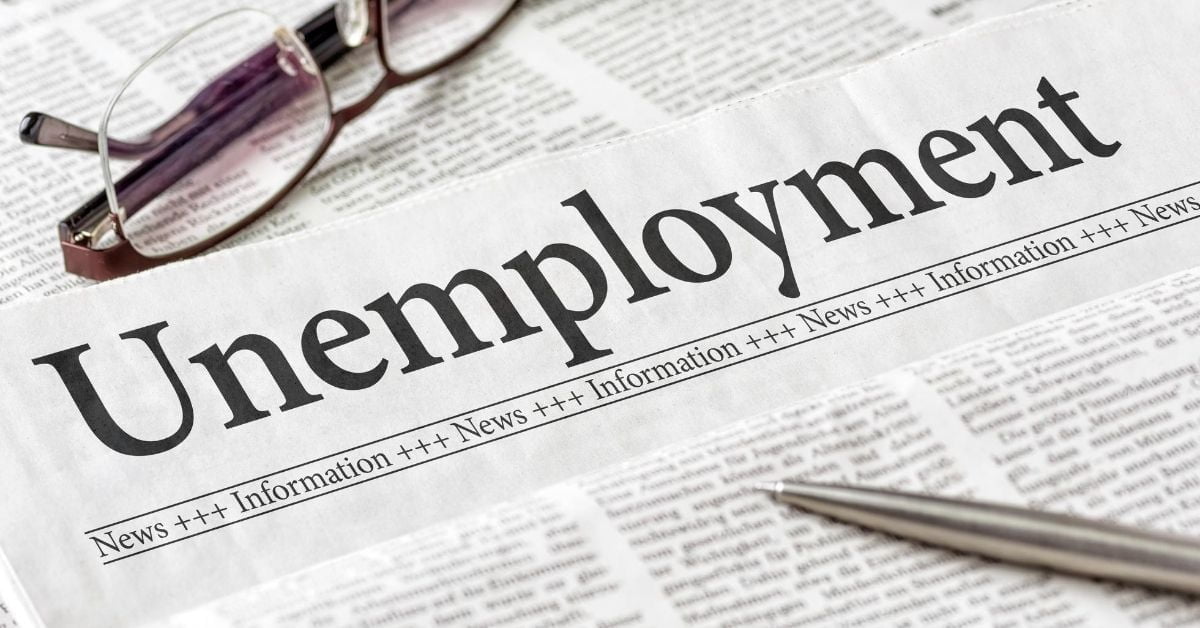Bucket Hats: Discover the Latest Trendy Designs
Bucket Hats: Discover the Latest Trendy Designs Bucket hats have become increasingly popular in recent years as a trendy accessory. These stylish hats are not


The benefits of unemployment have been expanded during this unprecedented time.
Losing a job is never easy, especially now as the COVID-19 pandemic causes problems for the global economy, but there are safeguards in place that can make unemployment a little less scary.
If you’re now dealing with a situation where you end up without steady work, it’s important for you to understand what unemployment benefits could be available to you.
State unemployment insurance programs were created to distribute money to individuals who have lost their job by no fault of their own.
This most commonly occurs when a worker is laid off because a company is downsizing and cannot fiscally maintain their full roster of employees. If you apply for unemployment insurance and your application is accepted, you will be notified by your state’s unemployment insurance program of how much weekly financial assistance you will receive and how long that will last.
The amount of assistance and period of time that you will get these benefits are dependent on the guidelines within your state’s unemployment insurance program, and the individual circumstances of your case.
With COVID-19 creating large-scale problems for companies of all stripes across the country, the United States federal government stepped in to reinforce these benefits of unemployment.
Due to staggering job losses in the midst of a global pandemic, the Coronavirus Aid, Relief, and Economic Security Act, or CARES Act, was signed into law on March 27, 2020.
The CARES Act addresses multiple areas of economic loss and recovery, but includes specific provisions to expand qualifying unemployment insurance benefits to those affected by COVID-19 under the following cases:
In any or all of the above cases, you would likely be able to receive unemployment insurance benefits due to the extenuating scenario in which you find yourself.
COVID-19 is a highly infectious illness with very different symptoms, prognoses, and results from patient to patient.
Because of the precarious situation, it’s natural to want to know how long you can expect to receive your unemployment benefits. This is another provision that is determined by the state in which you work and can be as short as 12 weeks or as long as 28 weeks.
In order to find out exactly how long you could possibly receive these benefits of unemployment, please consult your state’s department responsible for unemployment insurance benefits.
Being let go from your job puts you in a difficult position that can be overwhelming. That’s where unemployment benefits come in, helping to ease the burden of your lost job.
If you’ve recently lost a job because your company is downsizing or going out of business, it’s important that you fully understand – and apply for – unemployment benefits in your state.
Bucket Hats: Discover the Latest Trendy Designs Bucket hats have become increasingly popular in recent years as a trendy accessory. These stylish hats are not

The ultimate guide to rocking the trendy bucket hat styles. Elevate your fashion game with versatile and stylish bucket hats. Click here for fashion inspiration and tips!
Discover the best places to buy bandanas and find your unique bandana style. Explore the wide range of designs and styles available at Wholesaleforeveryone.com and get free shipping on orders over $35
Discover how to create a stylish and versatile wardrobe with tops. Elevate your outfits and transform your style with the right tops. Click here to learn more.
Discover expert tips for caring and maintaining your tops to build a versatile wardrobe. Extend their lifespan, retain shape and color, and save money with proper care. Click now for a wardrobe that truly represents you
Fashion events for tops, including t-shirts, shirts, hoodies, and jackets, showcase the latest trends and styles. Stay updated with industry developments and explore Wholesaleforeveryone.com’s collection for quality